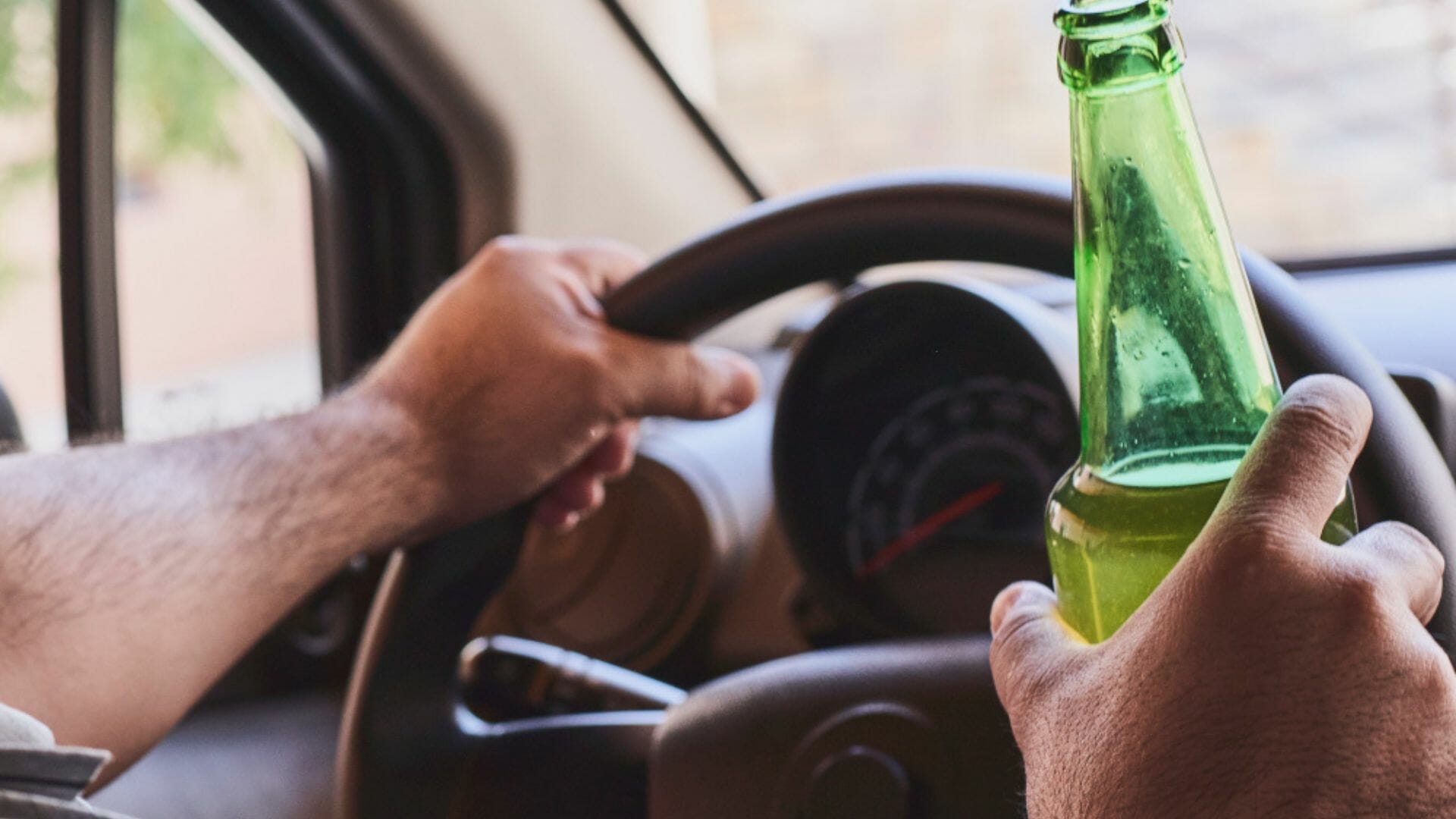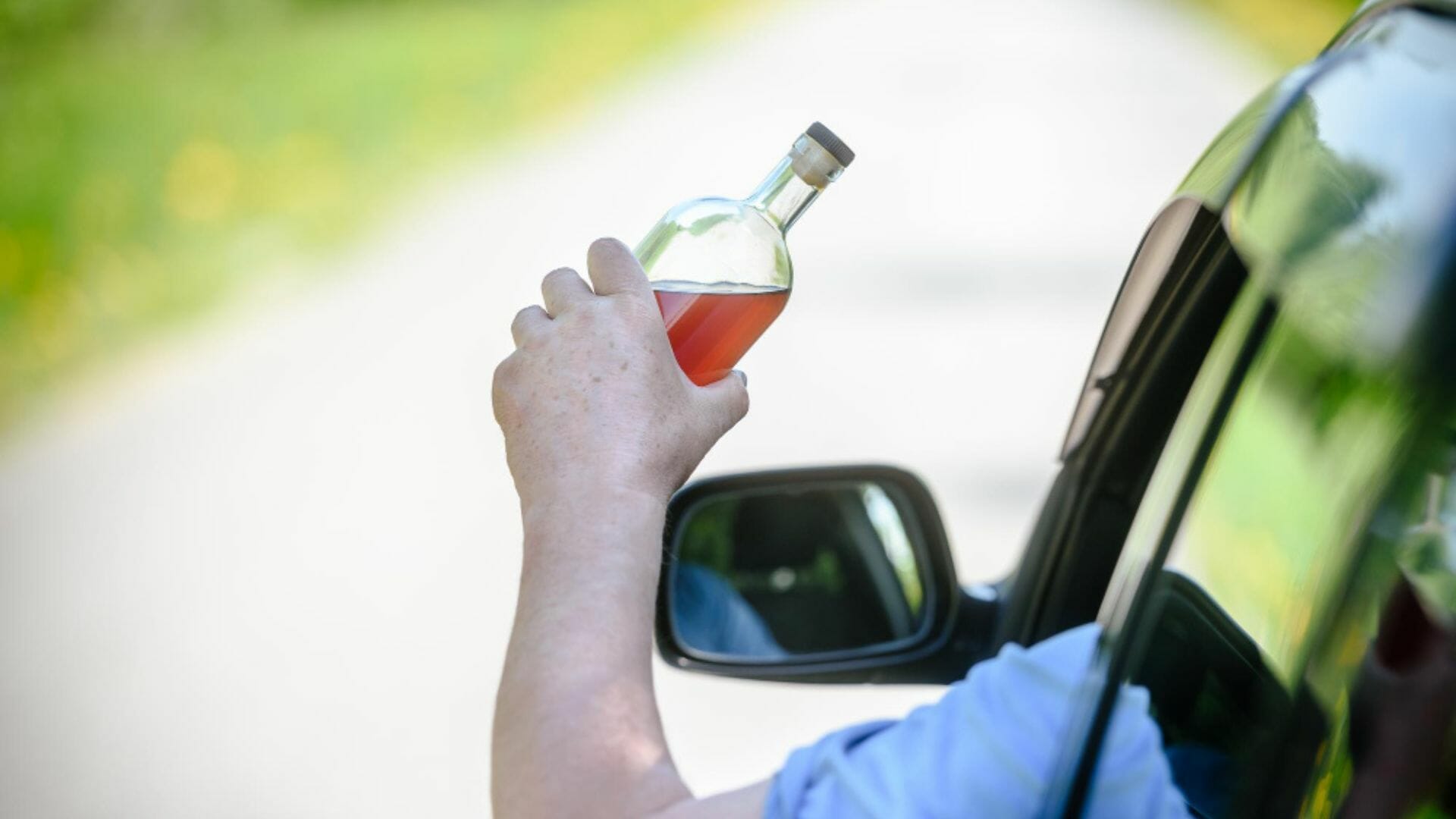Drinking and driving do not mix. This universal truth has resulted in every state prohibiting drinking and driving. But what about passengers? To ensure the safety of everyone in the car, many states have made it illegal for passengers to drive. However, there are a few holdouts. This situation comes into open container law in Virginia.
Virginia is one such state with no explicit law against passengers drinking while the vehicle is in motion. But this doesn’t mean that passengers statewide can drink alcohol whenever they want. There’s more nuance to it than that.
Can a Passenger Drink in a Car in Virginia?
So Can a Passenger Drink in a Car in Virginia? It depends on the circumstances. Virginia’s driving code carries no firm law against it. So according to the state, it is legal for passengers to consume alcoholic beverages while riding in a vehicle.
However, the state is not the only authority with the power to implement and enforce traffic laws. Municipalities and counties can pass and enforce their own traffic regulations. This is similar to how something can be illegal on the federal level but legal for specific states.
So while Virginia laws do not ban the activity, many counties and municipalities explicitly prohibit passengers from drinking alcohol while in a motor vehicle on a public highway or roadway.
For example, a Chesterfield County traffic ordinance states that it is illegal to have open alcoholic beverages on streets, roadways, and highways. Similarly, a Charlottesville law makes it illegal to possess an open container while on a public street.
What Exactly Is an Open Container Law?
Virginia laws are explicit about what constitutes an open container. It is a vessel that contains an alcoholic beverage but lacks the original seal provided by the manufacturer. Even if the seal is present, if it is broken in any fashion, the vessel will be considered an open container. For example, a bottle of wine that has been opened and recorked is technically an open container. Under no circumstances does resealing an open container allow you to avoid liability. The open container law does not apply to passengers in a vehicle.
So while drivers and passengers can transport alcohol they have purchased, they must refrain from opening it until after arriving at their destination.
Rebuttable Presumption of Drinking While Driving

If you are driving in a part of the state that does not have county or municipal ordinances prohibiting passengers from drinking while in a moving vehicle, you can still run into problems if a passenger is drinking in your car.
A police officer may have what’s known as a rebuttable presumption that a driver has been drinking if:
- The police find an open container in the passenger area of the vehicle
- Alcohol has been removed from the container
- The driver shows signs that they may have been drinking
Under Virginia, open container law, the passenger area of a vehicle is any area that is within reach of the driver while seated and any area designated for the seating of passengers, such as:
- An unlocked glove box
- The floor and seating areas of each passenger seat and the driver’s seat
- The center console
However, the area behind any seat in the last row of seating and the trunk are not considered passenger areas. Additionally, the living area of a motorhome or RV is also safe to store open bottles of alcohol. Therefore, open containers in these areas will not create a rebuttable presumption of drinking on the driver’s part.
So to avoid an alcohol-related driving charge, drivers who must transport open bottles of alcohol should place them in the trunk or behind the last seat. The wisest choice would be the trunk, preventing open containers from rolling around and into precarious positions.
Virginia’s Public Drinking Law
Although no Virginia open container law prohibits passengers from drinking, the state does prohibit drinking in public. This law holds that any person who takes a drink of an alcoholic beverage or offers someone a drink while in public is guilty of a Class 4 misdemeanor.
These public areas can include highways, streets, or lanes, which means that passengers who drink in these areas are guilty of drinking in public.
Choosing the Safest Option
So can passengers drink alcohol in a car in Virginia? In some cases, they may. And in these cases, both you and the passenger would be free of legal consequences. But depending on where you are in the state, you risk the contrary. Because although no state laws explicitly prohibit passengers from drinking while in a car, there are municipal and city laws that do. So to ensure that you’re not running afoul of any of these local rules, you should research the laws of the area you drive in.
However, even if you’re in an area that does not prohibit the practice, you may still face a DUI charge. Remember that there is a rebuttable presumption that you’ve been drinking when there’s an open container in your car and you show signs of intoxication.
Legal issues aside, intoxicated passengers can compromise the safety of a moving vehicle. For example, they may distract the driver through loud and belligerent activity.
So at the end of the day, it may be advisable for drivers to completely prohibit their passengers from drinking. There’s no rush to enjoy a drink. In fact, you and your passengers will likely enjoy your beverages much more without the stress of potentially violating the law or causing an accident.
Speak with a Car Accident Attorney Who Cares
Have you been in an accident involving alcohol or have questions about drinking and driving and Virginia’s open container law? The Joel Bieber Firm is ready to meet and help you resolve any legal issues you may be experiencing. Contact us for a free consultation with a car accident lawyer who cares.
Interesting Reads:
Who Pays for Public Transportation Injuries?
Who Else Is Responsible for Drunk Driving Accidents?

